International
Migrants at the border suffer post-traumatic stress after the violence in Mexico
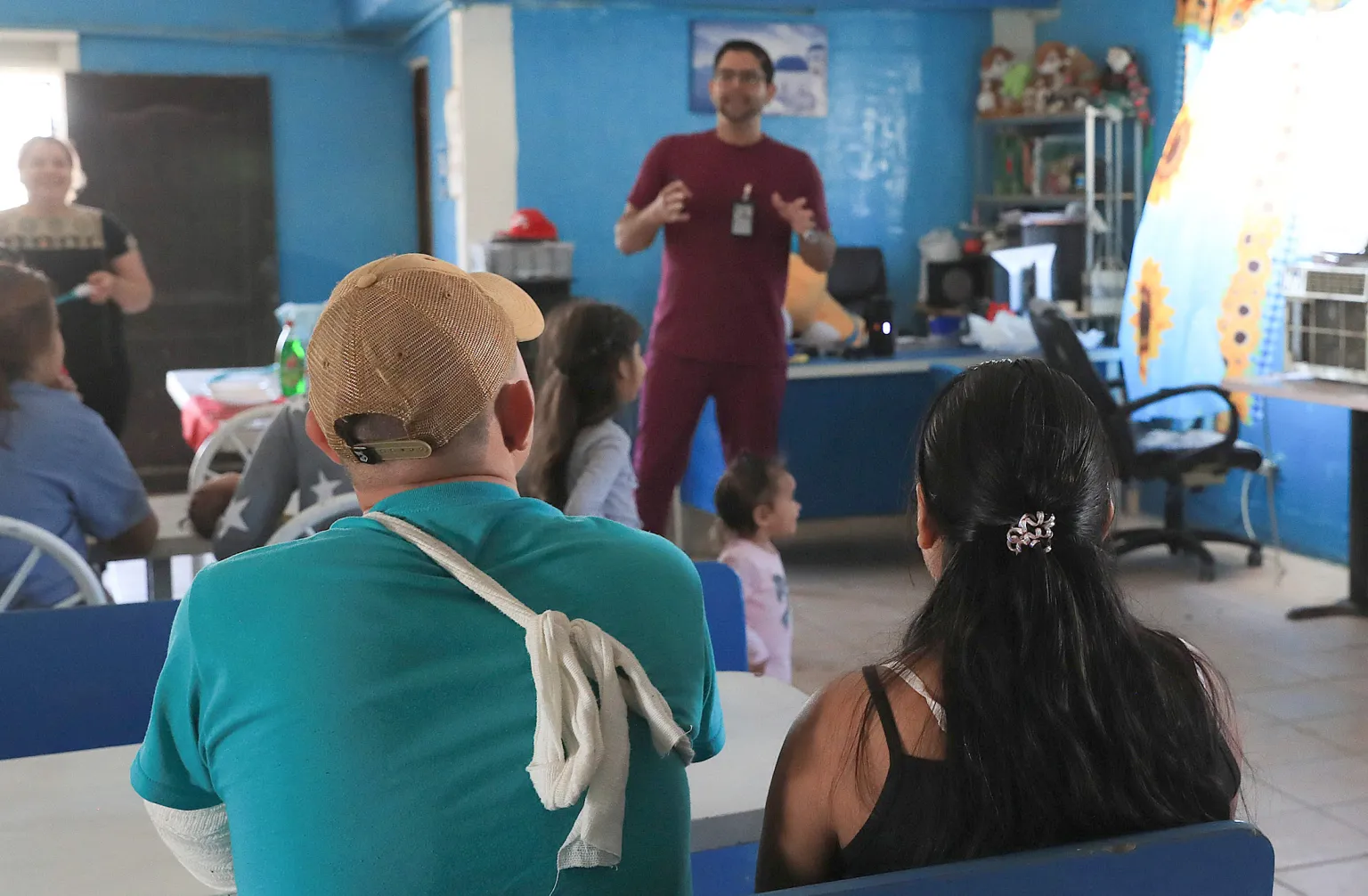
Citizen associations warn of an increase in post-traumatic stress syndrome (PTSD) in migrants stranded on the northern border of Mexico in the face of cases of kidnapping, abuse and exploitation they experience when crossing Mexican territory.
Migrants present this psychological disorder that arises in response to extremely stressful events, and is characterized by symptoms such as retrospective sequences or flashbacks, nightmares, intense anxiety and difficulties in sleeping or concentrating.
The biggest trigger is kidnappings, Sara Villegas Torres, a lawyer for the Jesuit Refugee Service in Ciudad Juárez, one of the epicenters of migration on the border of Mexico with the United States, told EFE.
“What we have mostly detected is the issue of kidnappings, not only here in the entity (Chihuahua) but throughout Mexico, it is inevitable to encounter these stories because it is something that happens to most of the people with whom we have contact,” he described.
In July alone, there were two massive kidnappings of a total of 36 migrants in Chihuahua, according to the organization Alto al Secuestro, which documented a total of 196 foreigners kidnapped in the seventh month of the year, a monthly increase of more than 20%.
This organization reported 772 kidnappings of migrants in 2023, representing about a third of the total national victims of this crime.
This leaves sequelae in people like Cindy Vázquez, from Honduras, who told EFE how a crime cartel kidnapped the group with which she was traveling in Mexico.
“They told us ‘drem down’. But we thought it was the Police or Migration, because we had no problems with migration. But when they got us down and got us up, I lost all my belongings, I lost everything because I didn’t have time to take anything out of the lower part of the bus. And when they got us into a car, even then I knew we were kidnapped,” he said.
They were transferred to a warehouse, 15 minutes away before reaching the state of Chihuahua, where there were also many people kidnapped, according to him, and his family had to give a rescue.
“They told us that we were deprived of our freedom and that we were going to be there as long as our family paid a ransom. Our family had to pay a lot of money,” he said.
He mentioned that the kidnappers were wearing a uniform, brown pants and a navy blue shirt with a shotgun on the back, but without official logos.
In the end they were able to leave with a payment of 10,000 dollars for her and her family, so she warned her compatriots that it is very dangerous to go through Mexico.
“We just wanted to get to a better place, that we could work, that we could start from scratch, but no, the truth is that I wouldn’t stay living in Mexico,” Cindy said.
Another case is that of Roxana Yamilet Velázquez, originally from El Salvador, who described the difficult road she and two other relatives, her cousins Diego José and Adriana Elizabeth, who died in the desert of the northern border of Mexico.
“It gave him like a heat respiratory arrest and from there we were transferred, well, Migration grabbed them and took us to a hospital because we were dehydrated,” he said.
He said that the sand was very hot to the point of burning his skin, and the water they carried in bottles boiled after a short time due to temperatures that reached 40 degrees.
“It was boiling, already very hot, we couldn’t drink or anything and my cousin started fighting about halfway. Even me too, and she couldn’t resist, because she was the one who fought the most,” Roxana recalled about how her cousin’s life was going.
These events occur in the midst of a 193% year-on-year increase in irregular migration through Mexico in the first half of the year to over 712,000 people, according to the Government’s Migration Policy Unit.
International
Deportation flight lands in Venezuela; government denies criminal gang links

A flight carrying 175 Venezuelan migrants deported from the United States arrived in Caracas on Sunday. This marks the third group to return since repatriation flights resumed a week ago, and among them is an alleged member of a criminal organization, according to Venezuelan authorities.
Unlike previous flights operated by the Venezuelan state airline Conviasa, this time, an aircraft from the U.S. airline Eastern landed at Maiquetía Airport, on the outskirts of Caracas, shortly after 2:00 p.m. with the deportees.
Interior Minister Diosdado Cabello, who welcomed the returnees at the airport, stated that the 175 repatriated individuals were coming back “after being subjected, like all Venezuelans, to persecution” and dismissed claims that they belonged to the criminal organization El Tren de Aragua.
However, Cabello confirmed that “for the first time in these flights we have been carrying out, someone of significance wanted by Venezuelan justice has arrived, and he is not from El Tren de Aragua.” Instead, he belongs to a gang operating in the state of Trujillo. The minister did not disclose the individual’s identity or provide details on where he would be taken.
International
Son of journalist José Rubén Zamora condemns father’s return to prison as “illegal”
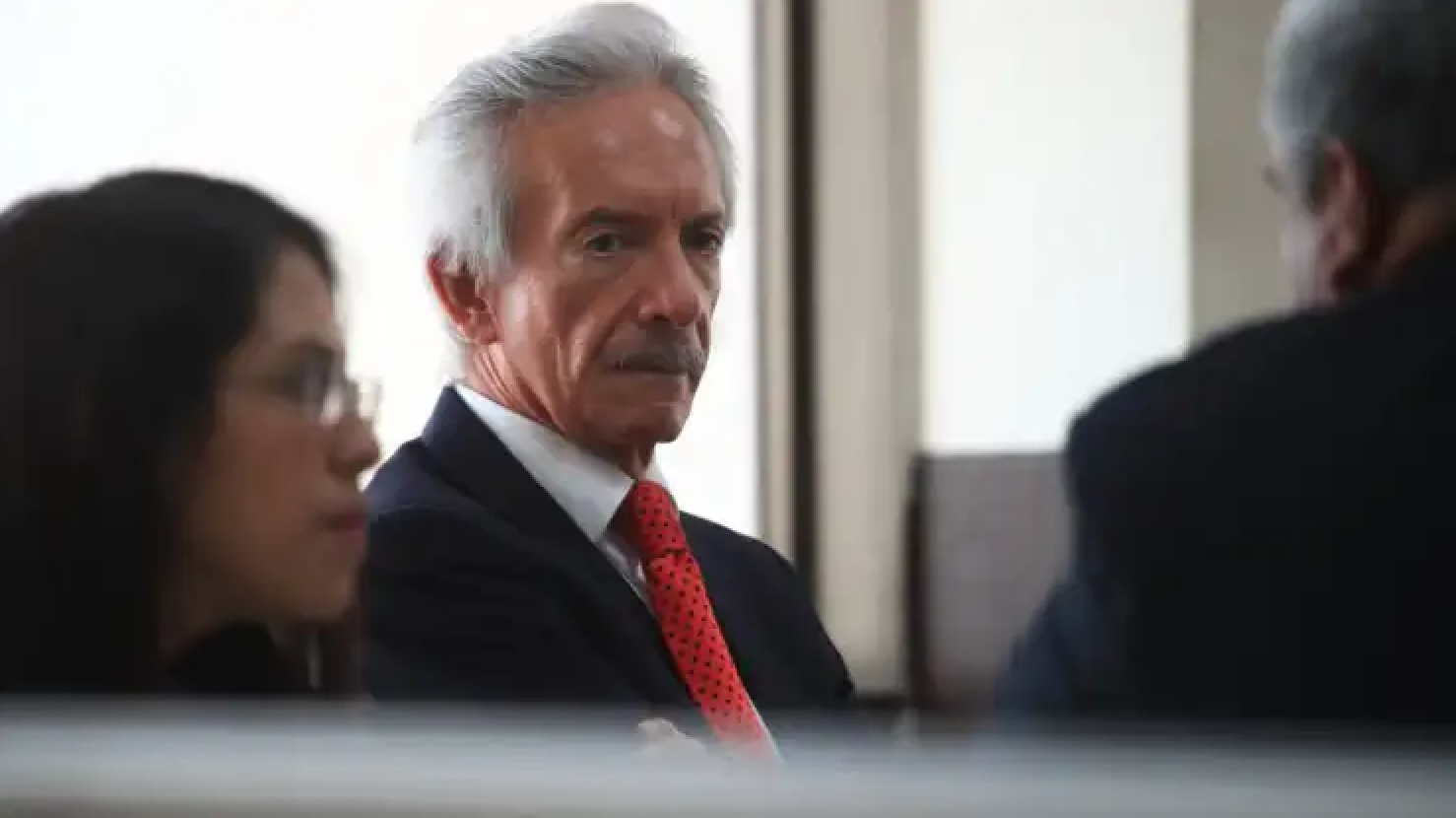
The son of renowned journalist José Rubén Zamora Marroquín, José Carlos Zamora, has denounced as “illegal” the court order that sent his father back to a Guatemalan prison on March 3, after already spending 819 days behind barsover a highly irregular money laundering case.
“My father’s return to prison was based on an arbitrary and illegal ruling. It is also alarming that the judge who had granted him house arrest received threats,” José Carlos Zamora told EFE in an interview on Saturday.
The 67-year-old journalist was sent back to prison inside the Mariscal Zavala military barracks on March 3, when Judge Erick García upheld a Court of Appeals ruling that overturned the house arrest granted to him in October. Zamora had already spent 819 days in prison over an alleged money laundering case.
His son condemned the situation as “unacceptable”, stating that the judge handling the case “cannot do his job in accordance with the law due to threats against his life.”
International
Miyazaki’s style goes viral with AI but at what cost?
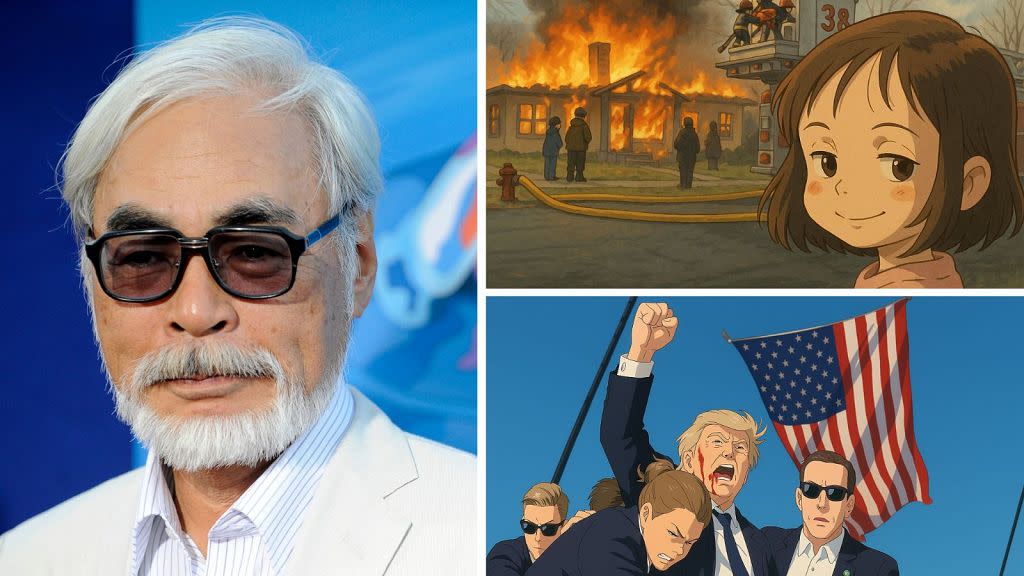
This week, you may have noticed that everything—from historical photos and classic movie scenes to internet memes and recent political moments—has been reimagined on social media as Studio Ghibli-style portraits. The trend quickly went viral thanks to ChatGPT and the latest update of OpenAI’s chatbot, released on Tuesday, March 25.
The newest addition to GPT-4o has allowed users to replicate the distinctive artistic style of the legendary Japanese filmmaker and Studio Ghibli co-founder Hayao Miyazaki (My Neighbor Totoro, Spirited Away). “Today is a great day on the internet,” one user declared while sharing popular memes in Ghibli format.
While the trend has captivated users worldwide, it has also highlighted ethical concerns about AI tools trained on copyrighted creative works—and what this means for the livelihoods of human artists.
Not that this concerns OpenAI, the company behind ChatGPT, which has actively encouraged the “Ghiblification”experiments. Its CEO, Sam Altman, even changed his profile picture on the social media platform X to a Ghibli-style portrait.
Miyazaki, now 84 years old, is known for his hand-drawn animation approach and whimsical storytelling. He has long expressed skepticism about AI’s role in animation. His past remarks on AI-generated animation have resurfaced and gone viral again, particularly when he once said he was “utterly disgusted” by an AI demonstration.
-

 International4 days ago
International4 days agoFederal court blocks Trump’s use of Enemy Alien Act for deportations
-
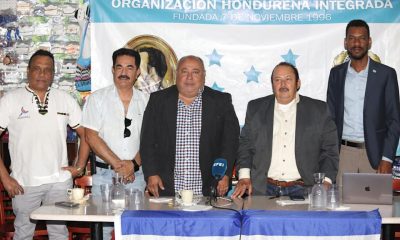
 Central America4 days ago
Central America4 days agoHonduran group in U.S. pushes for voter registration to prevent election fraud
-

 Central America4 days ago
Central America4 days agoKristi Noem in Latin America: Talks with Bukele on expulsions and security policies
-
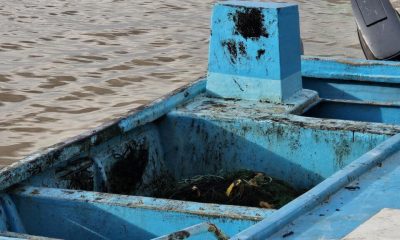
 International4 days ago
International4 days agoEcuador oil spill worsens as containment dam collapses
-

 Central America3 days ago
Central America3 days agoNicaragua denounces Costa Rica’s position in SICA as aligned with foreign interests
-

 Central America3 days ago
Central America3 days agoNicaragua’s new judicial law consolidates power in Ortega and Murillo’s hands
-
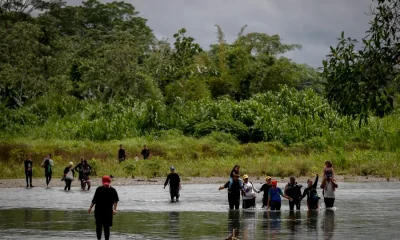
 Central America3 days ago
Central America3 days agoPanama’s president declares Darién gap ‘closed’ amid sharp drop in migrant flow
-

 International3 days ago
International3 days agoMarco Rubio warns Venezuela against military action against Guyana
-

 International1 day ago
International1 day agoSon of journalist José Rubén Zamora condemns father’s return to prison as “illegal”
-

 International1 day ago
International1 day agoMiyazaki’s style goes viral with AI but at what cost?
-

 Central America7 hours ago
Central America7 hours agoPanama police clarifies that Interpol alert for Martinelli is still pending
-

 International7 hours ago
International7 hours agoDeportation flight lands in Venezuela; government denies criminal gang links
-
Central America2 days ago
Nicaragua revokes legal status of 10 more NGOs, bringing total to over 5,600















